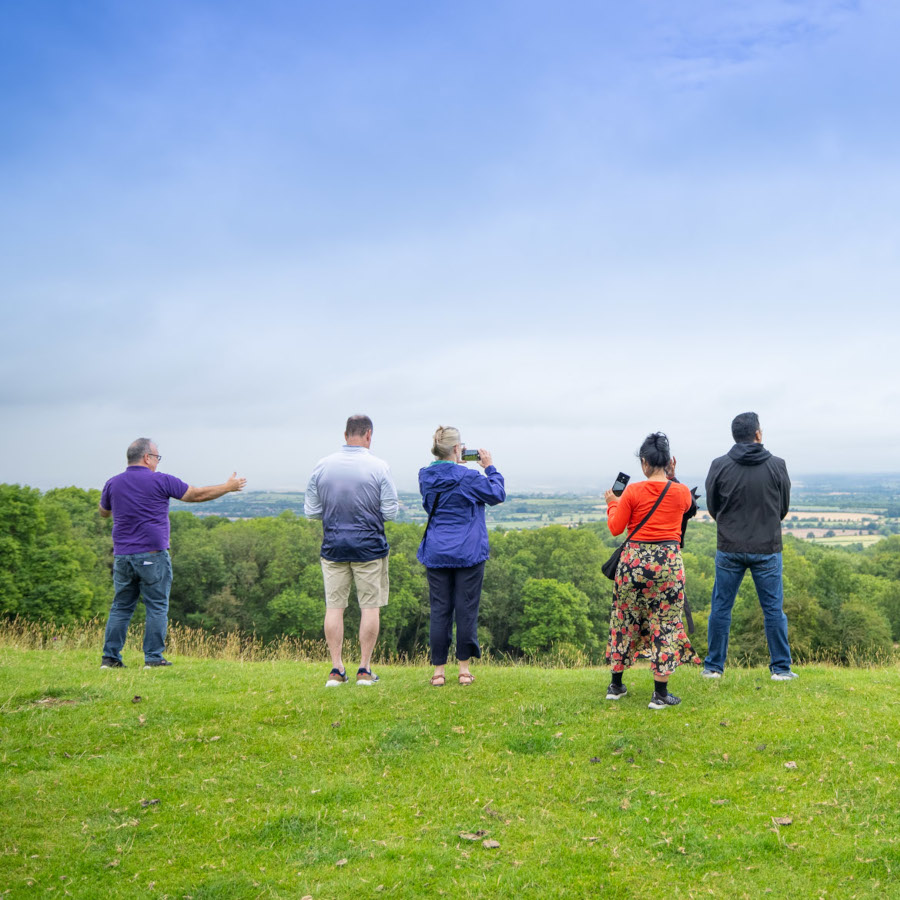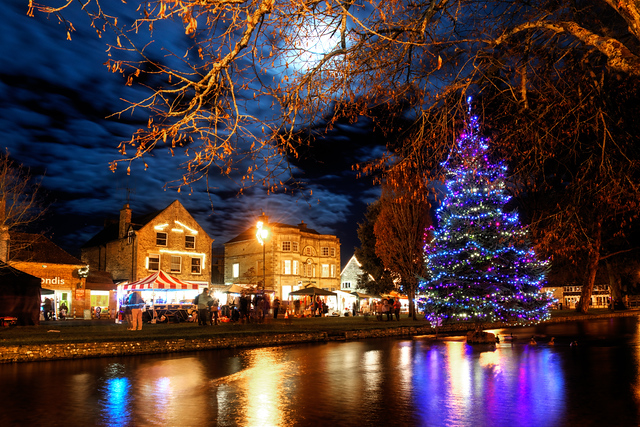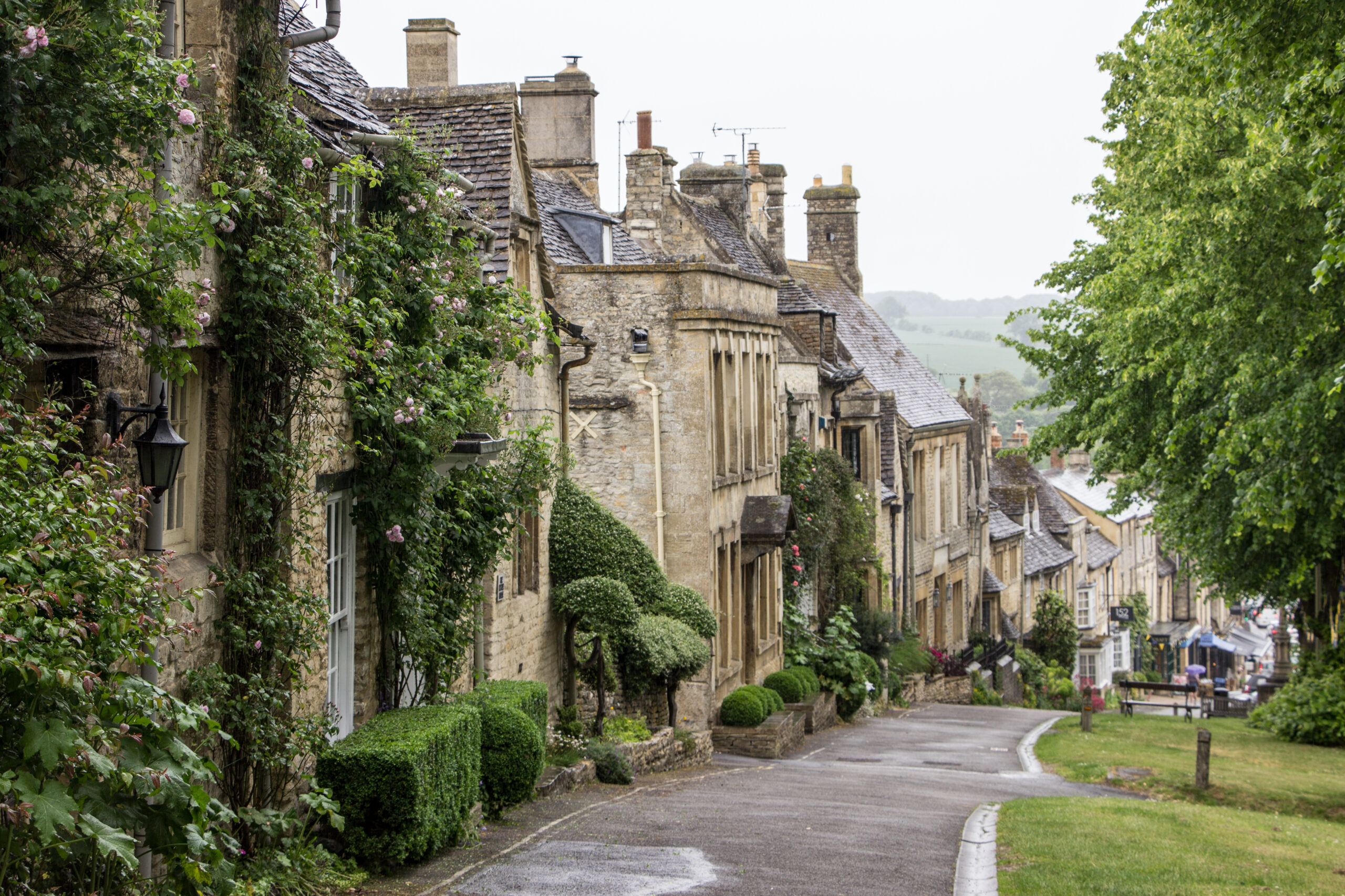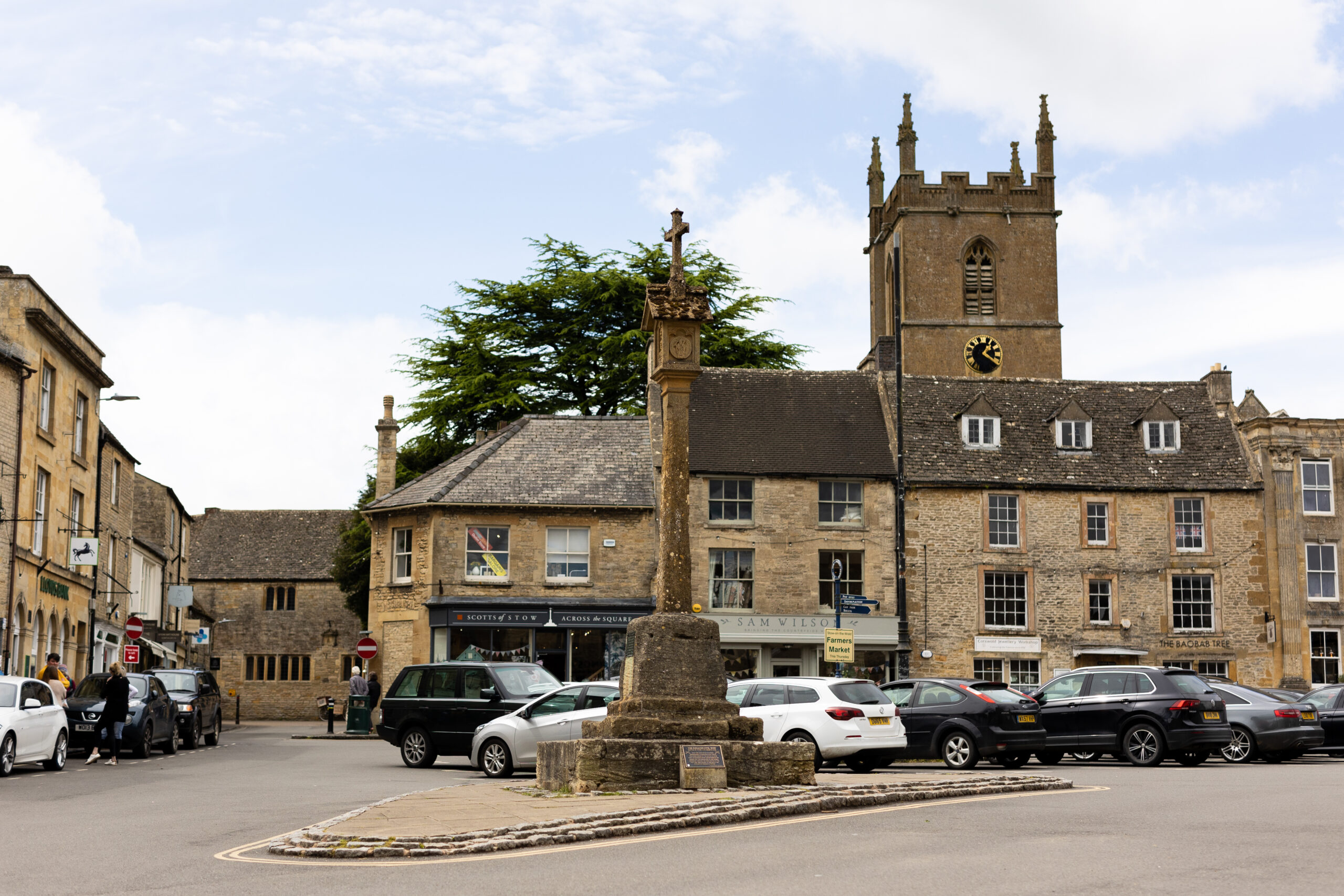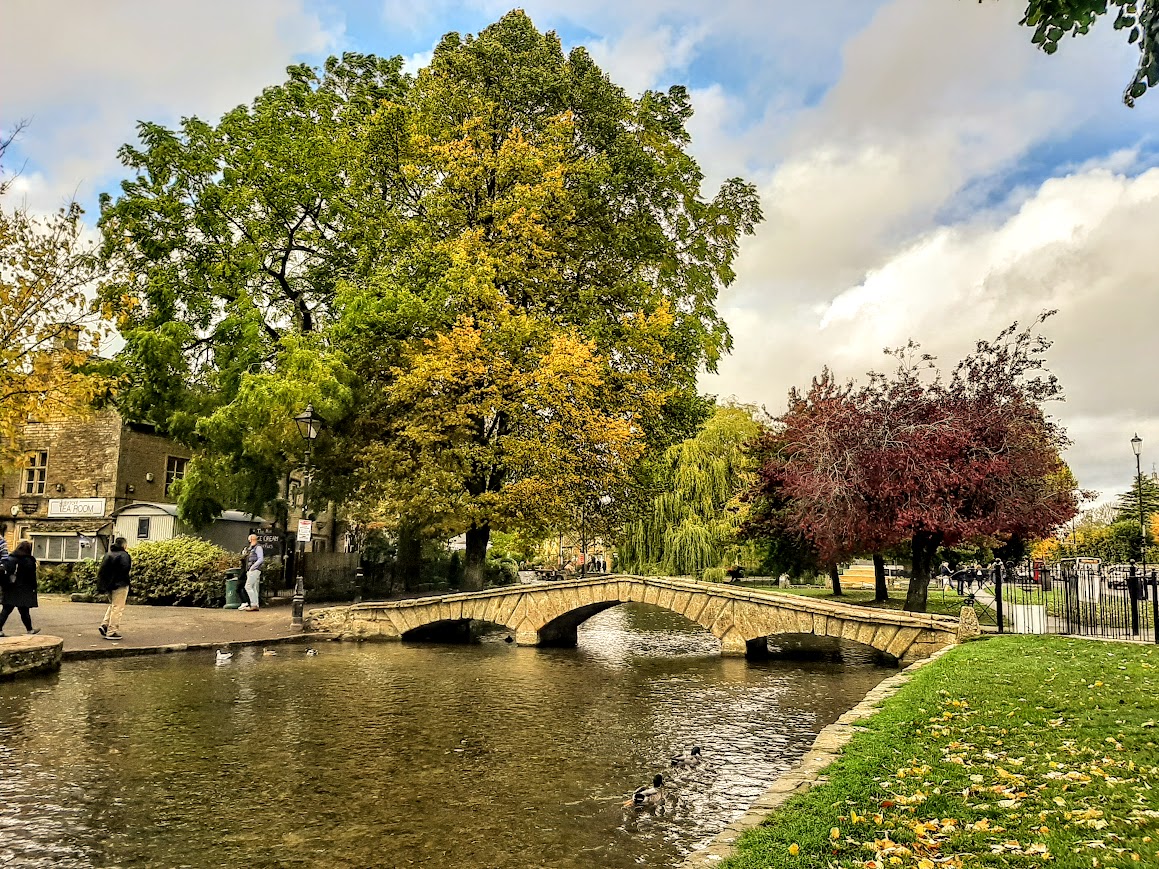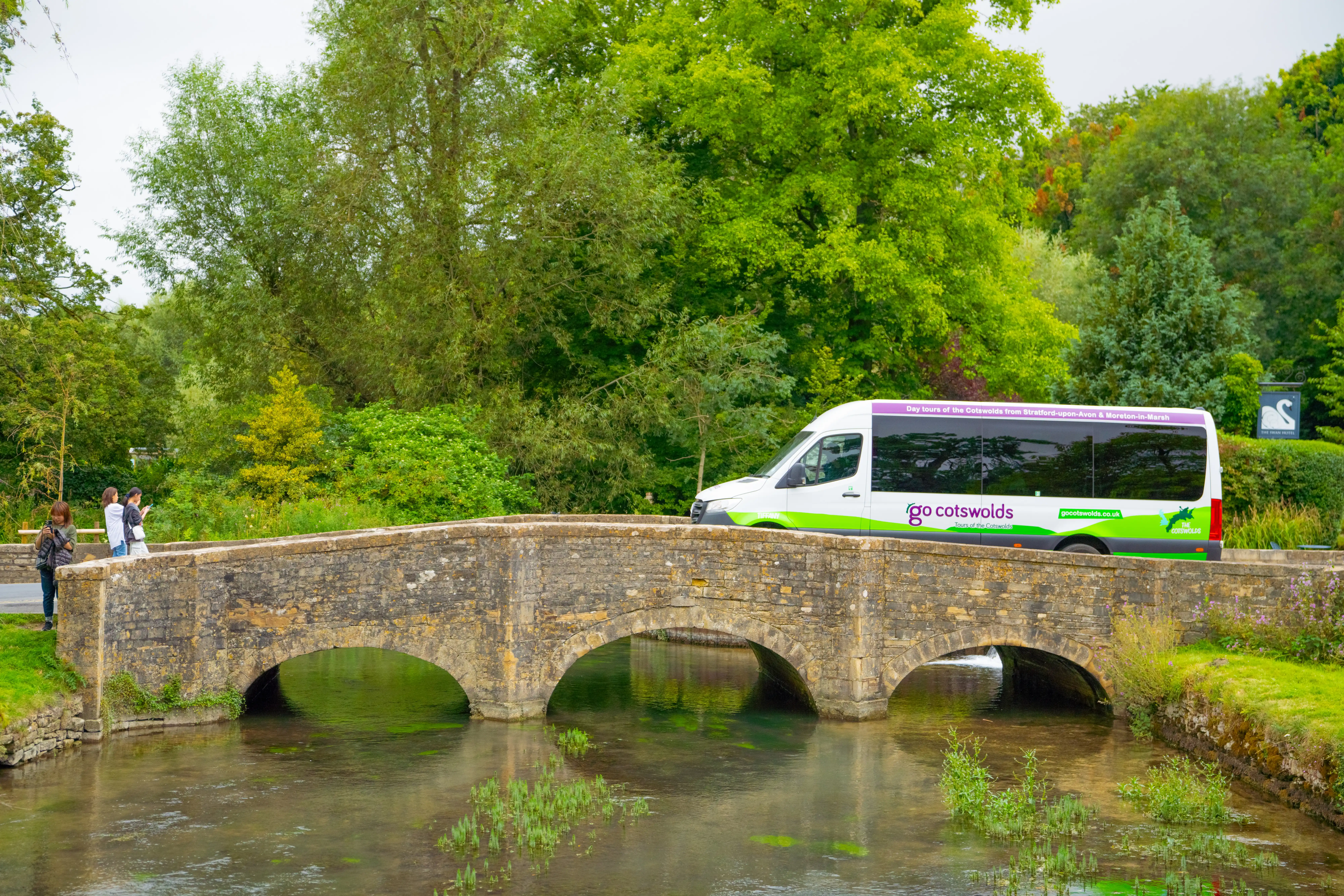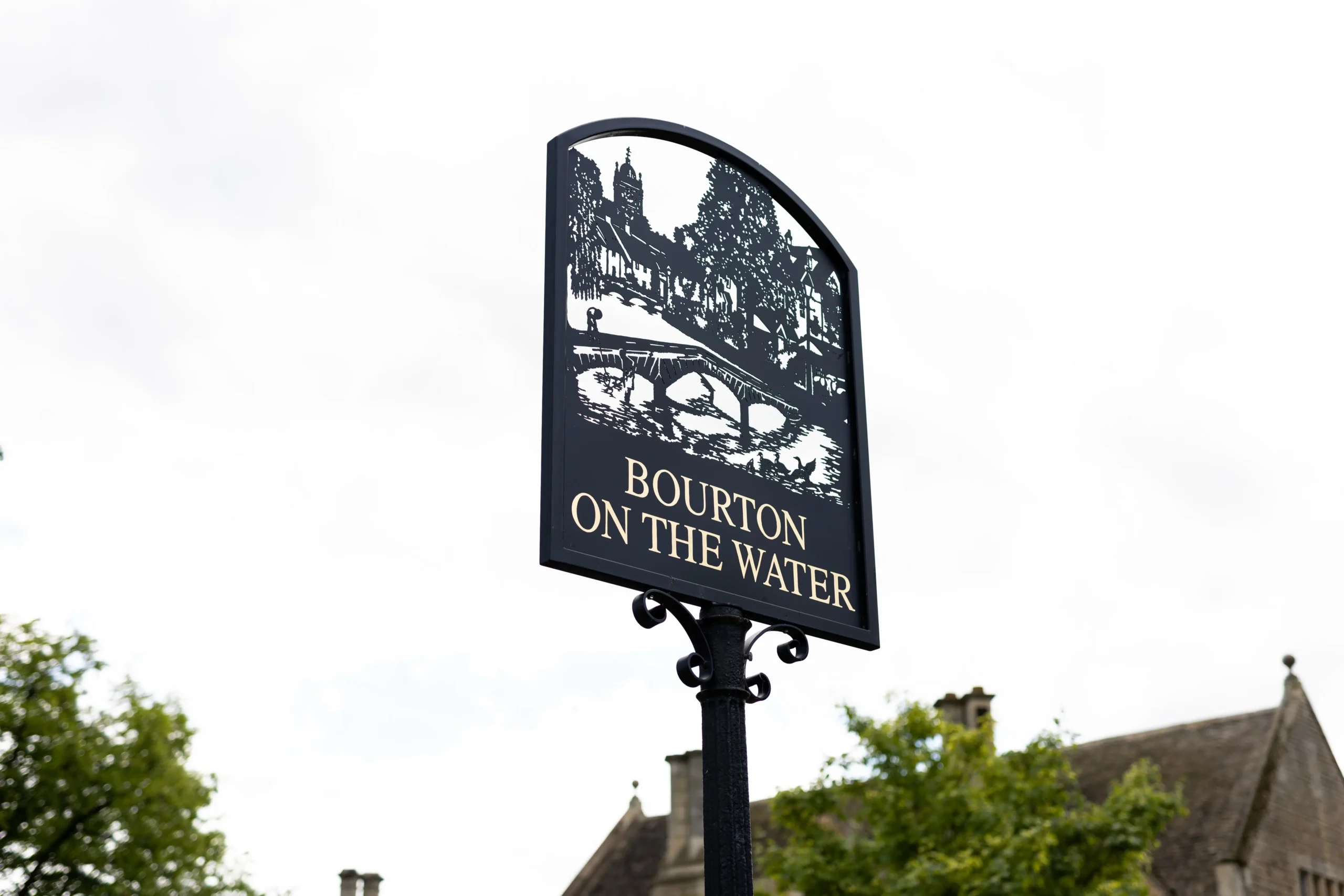Fake travel guide books are out there – don’t be fooled!
Recently, Go Cotswolds’ Director Lisa fell into a wormhole of investigative journalism on the subject of fake travel guide books. Then, she realised the New York Times had already exposed this phenomenon a couple of years earlier! 😂 Nevertheless, if you’re planning a trip to the Cotswolds, the UK, or indeed anywhere in the world, the problem of Artificial Intelligence (AI)-generated fake travel guide books is something you should know about.
Read on to learn more.
Facebook travel groups – the new home of the scammer
I’m a member of numerous travel-related Facebook groups, particularly – unsurprisingly – those dealing with UK and Cotswolds travel.
In these groups, if anyone asks for advice on guided tours, or how to explore the Cotswolds without a car, then of course I am keen to share Go Cotswolds with them if I can! It’s also fun to engage with other travellers from around the world, hear about their travel plans, and offer my local insights and perspectives. After all, having run a Cotswolds travel company for over a decade, I have some useful experiences to share!
Facebook communities are also a useful place for us to spot trends, understand the questions travellers have about UK/Cotswolds travel, and learn about the challenges they face, so we can improve our own tours, services and customer care information.
But in some of these Facebook groups, I have noticed something fishy going on…
“Check out this amazing Cotswolds guide book on Amazon!”
Recently, I started seeing comments on Facebook posts which don’t add up. Here’s one example.
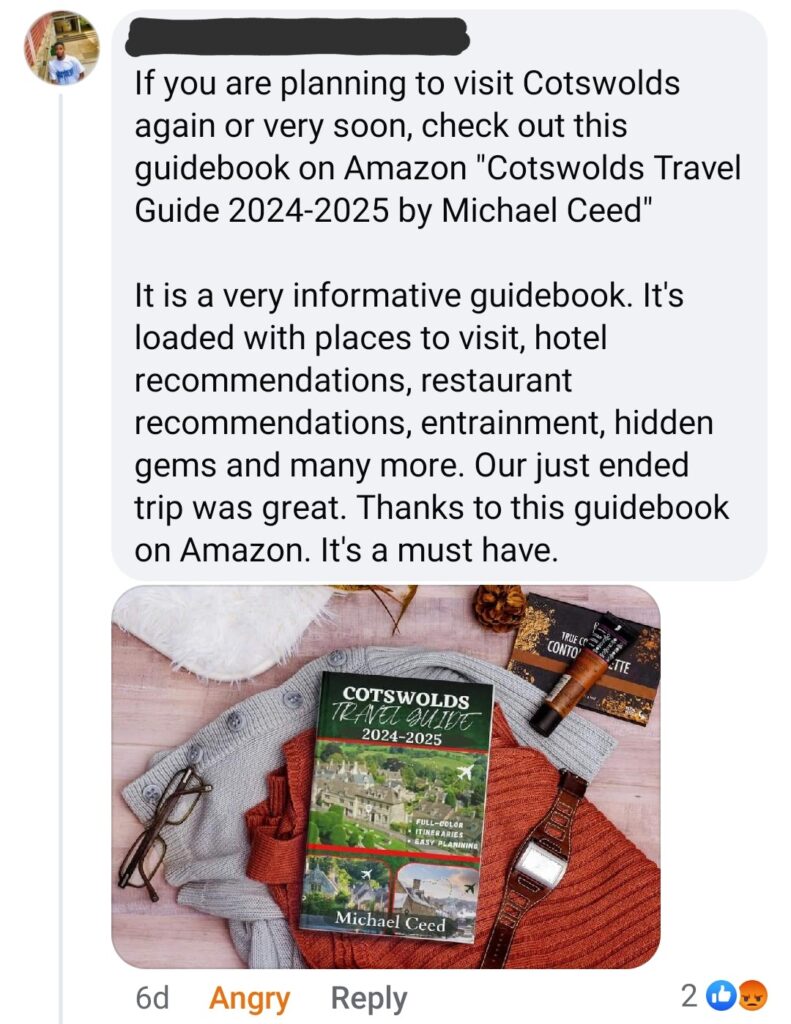
At first glance, this comment might be perceived as a genuine book recommendation. Someone came across this guide book on Amazon and found it really useful, so they’re paying it forward. Nothing wrong with that, eh?
Except… I started to notice the same, or very similar versions of this comment popping up on different posts and in different Facebook groups. There was a pattern.
Each time, the person recommending the guidebook described it as “amazing”, or “a must-have”, or enthused that the author was a “renowned travel expert”. It was always available on Amazon. The comment was usually accompanied by a photograph, which – to me – looked suspiciously photoshopped.
Here’s another one!
Here’s another comment, which is still being posted by a particular individual on Facebook even as I write. The comment (see below) is eloquently written, yet the individual posting it does so very repetitively, cut-and-paste fashion. This time they evangelise prolifically about another travel book called “Essential Cotswolds 2025”.
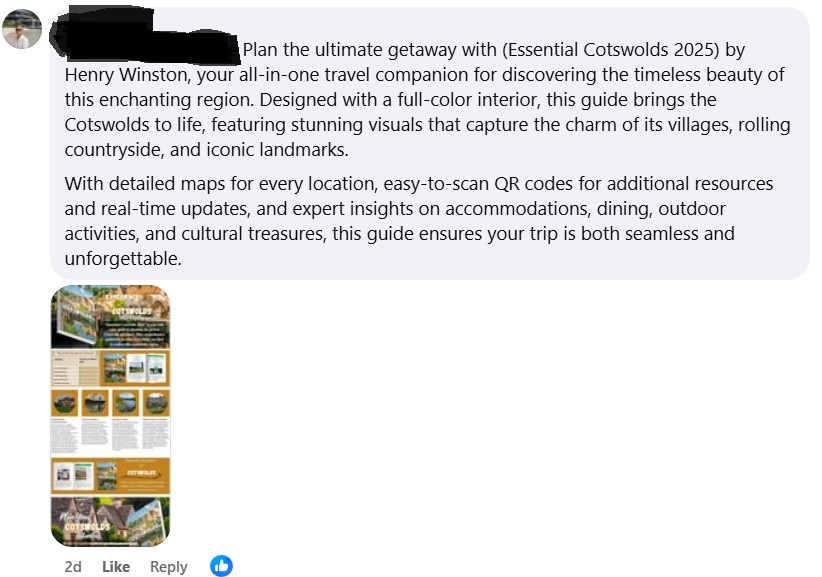
Is it just me, or does that sound just a little bit promotional?
Digging a little deeper…
I started to look more closely at these “amazing” Cotswolds travel guides. I don’t claim to know everything or everyone, but having worked in the Cotswolds travel industry for over 10 years, it seemed a little odd to me that I hadn’t heard of these books, or these “expert” authors before.
So, I started with “Cotswold Travel Guide 2024-2025 by Michael Ceed” and googled it. Sure enough, an Amazon link to a book popped up. It was a real book, that you can really buy on Amazon, for real money.
But I noticed a few things:
- The book had only been published in the past few days – strange, since the person who shared it said their trip had “just ended”
- The book was self-published – there’s a feature on Amazon where you can submit a manuscript, and Amazon will print, bind and distribute that book on demand – the author pays a percentage to cover these costs, but ultimately makes a profit on the retail price
- The book had no reviews – even though it was being recommended all over Facebook as “amazing”?
Next, I clicked on the author’s name. Up popped a list of titles also written by “Michael Ceed”. Titles such as “Budapest Travel Guide 2024-2025”, “Madeira Travel Guide 2024-2025” and “Bahamas Travel Guide 2024-2025”, along with versions in French, German and Spanish.
So he’s a travel author, so what?
Thing is, these travel books all looked the same – all self-published within the last few days or weeks, all with no reviews. The cover art looked poorly designed, with generic stock photos, icons and typography reminiscent of Microsoft WordArt from the ’90s. There was no trace of Michael Ceed anywhere except on Amazon. Weird, for such a prolific and “amazing” author – surely he would have a website, or sell books elsewhere? Hmm.
Then I looked up “Essential Cotswolds 2025 by Henry Winston”.
Again, I found this book on Amazon. Recently self-published? Check. No reviews? Check. Author no-one has ever heard of? Check.
Henry Winston has also authored travel titles such as “Essential Maui 2025”, “Essential Kauai” and foreign language versions of the same. Also self-published very recently, also with poor quality cover art, and also with very few reviews. Unfortunately for Mr Winston, the few reviews his books do have are mostly critical, citing the poor quality of the book, and inaccurate, out of date information.
So what’s going on?
Artificial Intelligence isn’t always very intelligent – especially in the hands of scammers!
My suspicion was that these books are written with Artificial Intelligence writing tools. Sure enough, as I browsed the internet, I eventually came across this article, published in the New York Times in 2023. Yes indeed, AI-generated fake travel guide books are a real thing!
Legitimate guide books, such as those published by Lonely Planet, Rough Guides, Bradt Guides, Rick Steves, and so on, tend to be thorough, well researched and written (especially Rick Steves, because we’re in it! 😉). They are usually the product of many months or even years of in person research. They are usually published by well-known publishing companies, and are thoughtfully presented with high-quality, specially commissioned photography and imagery.
AI-written books, on the other hand, use AI writing tools, like ChatGPT, to produce a ‘guide book’ with content entirely scraped from existing sources on the internet. The cleverer ones don’t simply cut-and-paste from online sources (that would flag up too many copyright violations!), but AI technology is used to rewrite, rephrase, and restyle existing content to make it sound different.
For research purposes, I downloaded “Essential Cotswolds 2025” to my Kindle*. My suspicions were confirmed.
*fortunately I currently have a Kindle Unlimited subscription so I didn’t have to pay for the rubbish it revealed itself to be!
While much of the book’s content is fairly accurate, it is very generic and non-specific. There are numerous spelling, punctuation and grammar mistakes, and some hilariously glaring factual errors. One of my favourites is in the section titled “Car rentarls [sic]”, which recommends several car hire companies based in Cambridge – nowhere near the Cotswolds!
Furthermore, almost every single image in the book is a laughably fake AI-generated image of a fictional ‘Cotswolds scene’.
Just for fun, and to illustrate my point, here’s an image I generated by asking ChatGPT to “create a typical Cotswolds scene with a Go Cotswolds minibus in it”. Errrm…..!?
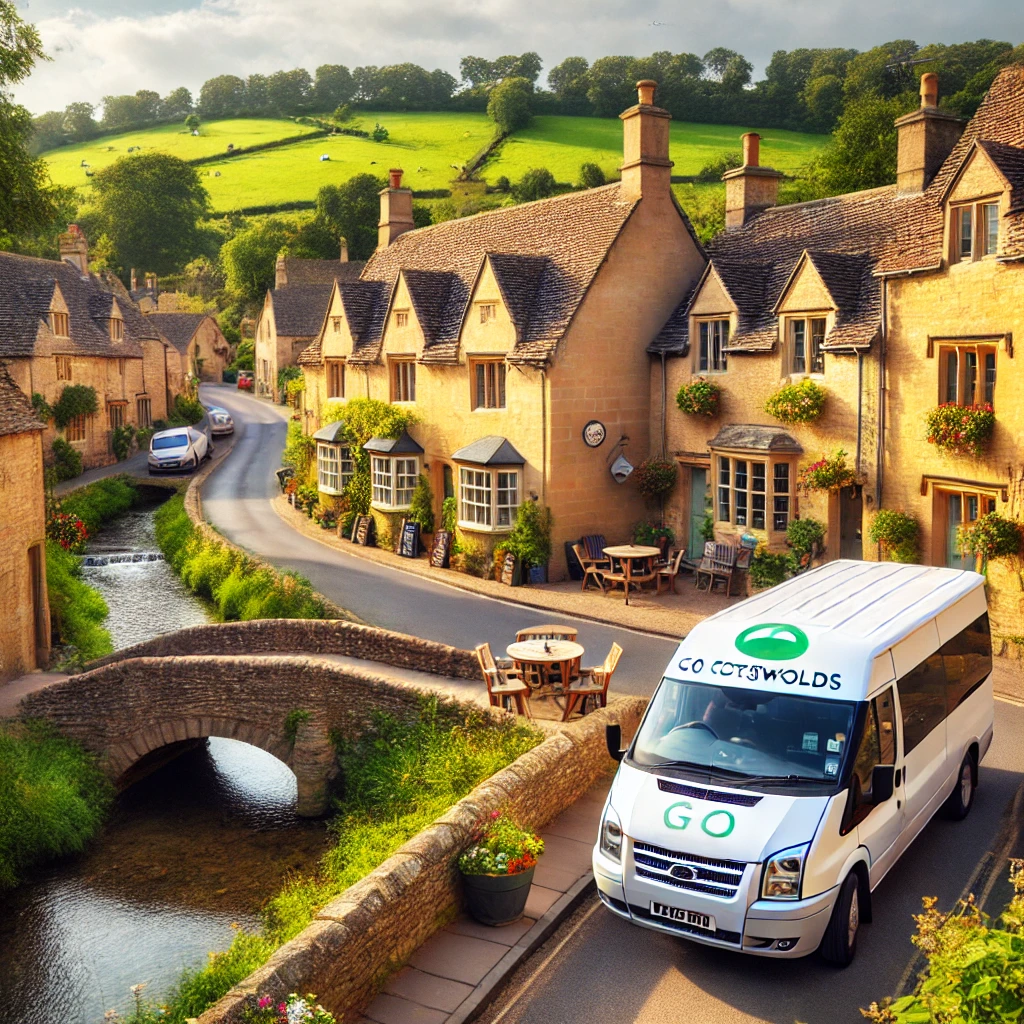
Problems with AI-generated fake travel guide books
Don’t get me wrong, AI is a fun, useful and potentially game-changing technology. Here at Go Cotswolds we have used it on several occasions to polish emails and social media posts, to provide inspiration for blog posts (but never to write them entirely!), and – fun fact – we even asked ChatGPT to come up with the name for our TourSure Guarantee!
But, in my opinion, AI is no substitute for real, human creative talent or for real, human experience. This is especially true in the travel sector, which is all about human experiences!
AI-generated content devalues the work of legitimate authors, artists and creatives. It contributes to the problem of ‘fake news’ and dilutes the messages of important voices in a sea of generic ‘meh’. The number of times I have seen AI images shared on social media, and people say “oh, that looks beautiful”, or even “I have been there!” when it’s not real!!
For me, the worst thing is the underhandedness of it all. Scammers exploiting AI can generate book manuscripts which, on the surface seem fairly plausible, with little to no effort or cost. Each book costs around £8-15 to buy online (cheaper than many ‘real’ books, which is part of the appeal). While a percentage of this goes to Amazon to cover the self-publication print and distribution costs, the rest is pure profit.
And of course, they try every trick in the book to convince you that the book is real and valuable. Some fake travel guide books are written in a first person style – easy with AI: “Hey ChatGPT, rewrite this [article on the internet] in a style which makes it sound like I was there!” Some fake books even have author photos (AI-generated!) and author biographies (also AI-generated!)
More fake travel guide books
Clicking around Amazon, I uncovered dozens of – what I believe are – AI-generated fake travel guide books. Here are some of the Cotswolds-themed ones*:
- Cotswolds Travel Guide 2024-2025 by Michael Ceed
- Cotswold Travel Guide 2025 by Michael Ceed
- Essential Cotswolds 2025 by Henry Winston (plus French and German versions)
- Cotswolds Travel Guide 2024 by Henry Winston (plus German and Italian versions)
- Cotswold Travel Guide 2024 by Hayley Bay
- Cotswolds Travel Guide 2024 by David A. Chris
- Cotswolds Travel Guide 2025 by Yvette Corbin
- Cotswolds Travel Guide 2024 by James Lollis
- Cotswolds Travel Guide 2024 Edition by Roy McKean
- 2025 Cotswolds Travel Guide by Marcel Z. Wehner
*Disclaimer: it’s possible that some of these books are not AI-written, and they may be genuinely authored books. In case I have got it wrong, I apologise. However, all of the books listed above have aroused my suspicion as they follow the exact same patterns – so if they are genuine, authors: do better!
Even since I started writing this article, I have noticed that some of the titles above are “no longer available”, but new ones appear almost every day. It’s not just the Cotswolds, and it’s not just travel books – I’ve also seen fake cookery books online, and there are probably others!
So, be careful folks. That random person on the internet who recommends an “amazing” guide book to you, may not be who they seem. That cheap book you saw on Amazon may not just be cheap because it’s newly published by an unknown author.
My advice? Use trusted travel guides from trusted sources, and pay attention to the reviews – good guide books will have good reviews!
Don’t fall for the fake travel guide book scam!
The views and opinions expressed in this article are those of Lisa Benjamin. They belong solely to her, and do not necessarily reflect the views of Go Cotswolds.


